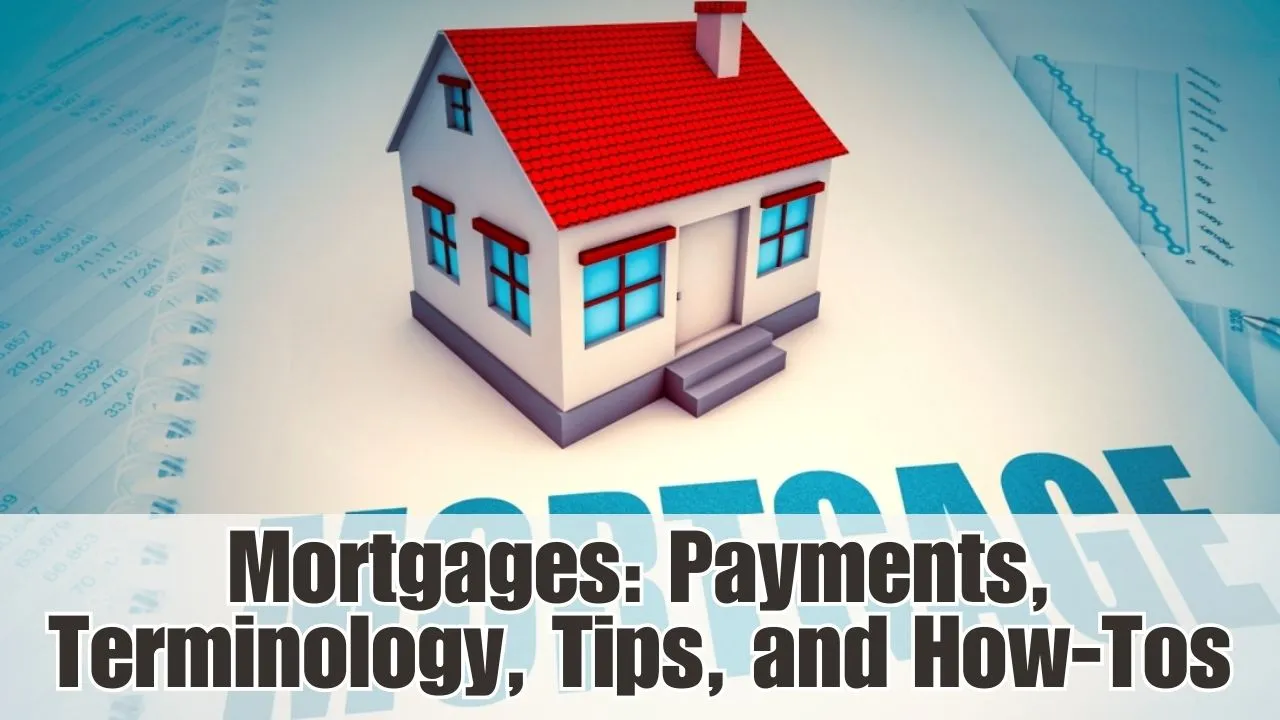Table of Contents:
- Introduction
- Definition of a Mortgage
- Importance of Mortgages
- Mortgage Basics
- Types of Mortgages
- Key Components of a Mortgage
- Mortgage Payments
- Understanding Monthly Payments
- Factors Affecting Payment Amounts
- Mortgage Terminology
- Common Mortgage Terms
- Glossary of Mortgage Lingo
- Tips for Getting a Mortgage
- Credit Score and Its Impact
- Saving for a Down Payment
- Choosing the Right Mortgage Lender
- Navigating the Mortgage Process
- Pre-Approval and Pre-Qualification
- The Mortgage Application Process
- Closing the Mortgage Deal
- FAQs (Frequently Asked Questions)
- What is the difference between a fixed-rate and adjustable-rate mortgage?
- How does my credit score affect my mortgage interest rate?
- What is the significance of the loan-to-value ratio?
- How can I improve my chances of mortgage approval?
- What are closing costs, and who pays for them?
Introduction
Definition of a Mortgage:
A mortgage is a loan specifically used to purchase real estate. It serves as a legal agreement between the borrower and the lender, where the borrower pledges the property as collateral to secure the loan.
Importance of Mortgages:
Mortgages play a crucial role in making homeownership a reality for many individuals. Understanding the basics of mortgages, including payments, terminology, and tips, is essential for anyone considering this significant financial commitment.
Mortgage Basics
Types of Mortgages:
- Fixed-Rate Mortgages
- Adjustable-Rate Mortgages (ARM)
- FHA Loans
- VA Loans
Key Components of a Mortgage:
- Principal and Interest
- Property Taxes
- Homeowners Insurance
- Private Mortgage Insurance (PMI)
Mortgage Payments
Understanding Monthly Payments:
Mortgage payments consist of principal and interest, but can also include taxes and insurance. Amortization schedules determine how payments are allocated throughout the loan term.
Factors Affecting Payment Amounts:
- Interest Rates
- Loan Amount
- Loan Term
Mortgage Terminology
Common Mortgage Terms:
- Escrow
- Closing Costs
- Appraisal
- Down Payment
Glossary of Mortgage Lingo:
- Amortization
- LTV (Loan-to-Value) Ratio
- DTI (Debt-to-Income) Ratio
Tips for Getting a Mortgage
Credit Score and Its Impact:
A higher credit score can lead to lower interest rates, making it essential to maintain good credit before applying for a mortgage.
Saving for a Down Payment:
Aim to save at least 20% of the home’s purchase price to avoid private mortgage insurance and secure better loan terms.
Choosing the Right Mortgage Lender:
Research and compare lenders to find the one offering the best terms, rates, and customer service.
Navigating the Mortgage Process
Pre-Approval and Pre-Qualification:
Get pre-approved for a mortgage to understand your budget and strengthen your negotiating position.
The Mortgage Application Process:
Complete the mortgage application, providing necessary documentation for income, assets, and liabilities.
Closing the Mortgage Deal:
The closing involves signing legal documents, paying closing costs, and officially transferring ownership.
FAQs (Frequently Asked Questions)
What is the difference between a fixed-rate and adjustable-rate mortgage?
- A fixed-rate mortgage maintains a constant interest rate, while an adjustable-rate mortgage may change over time based on market conditions.
How does my credit score affect my mortgage interest rate?
- Higher credit scores generally result in lower interest rates, saving you money over the life of the loan.
What is the significance of the loan-to-value ratio?
- The loan-to-value ratio compares the loan amount to the property’s value, influencing the need for private mortgage insurance and loan eligibility.
How can I improve my chances of mortgage approval?
- Maintain a good credit score, save for a substantial down payment, and reduce existing debts to improve your chances of mortgage approval.
What are closing costs, and who pays for them?
- Closing costs are fees associated with the mortgage process, and they are typically paid by the buyer. They include appraisal fees, title insurance, and legal fees.
By understanding the intricacies of mortgages, from payments to terminology and tips, you can make informed decisions on your path to homeownership.
